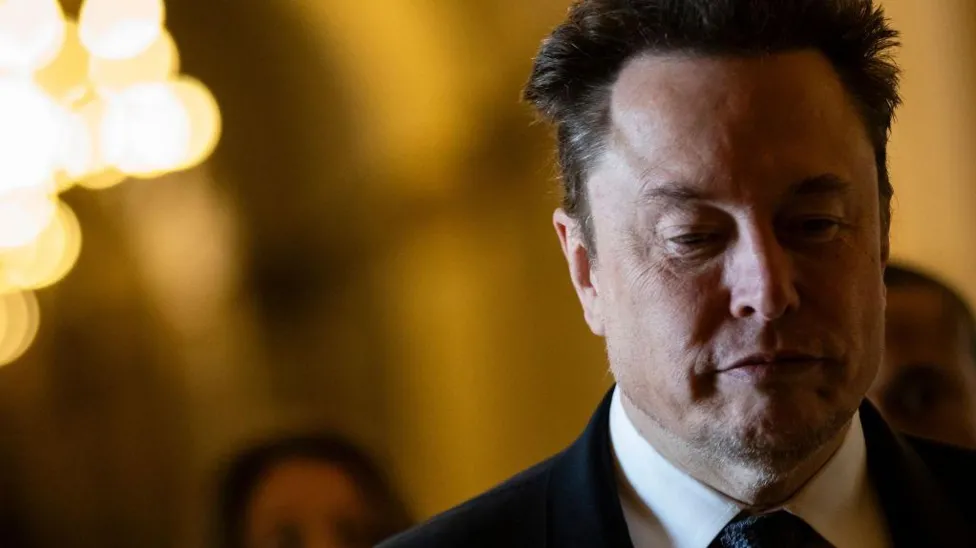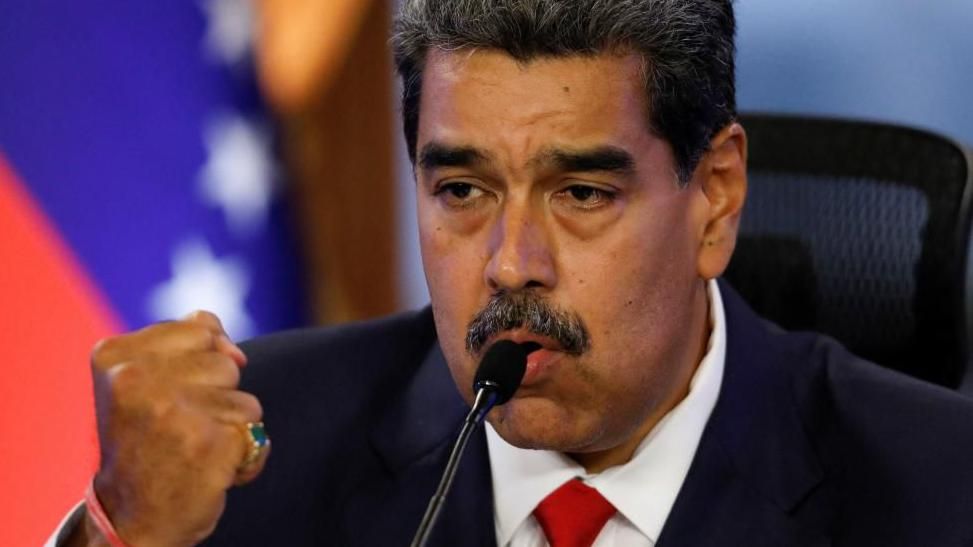Venezuelan President Nicolás Maduro has signed a decree blocking access to social media platform X, formerly Twitter, for 10 days following a public spat with owner Elon Musk.
The two men have traded barbs since Mr Maduro was declared the winner of last month’s disputed presidential election.
Mr Musk has described the Venezuelan leader as a “dictator” and a “clown”, while Mr Maduro has accused Mr Musk of inciting “hatred, fascism, [and] civil war”.
Recent weeks have seen anti-government protests flare up over the election result and hundreds of people have been arrested by Venezuela’s security forces.
The vote, held on 28 July, has been described as “undemocratic” by independent observers, and the main opposition has said it has evidence that its candidate, Edmundo González, won by a wide margin.
Mr Maduro has claimed that the country’s electoral authority, the National Electoral Council (CNE), was the target of a “cyber coup” during the election and accused Mr Musk of staging an “attack” on his re-election bid.

The Carter Center, which observed the election at the invitation of the Venezuelan government, said it saw “no evidence” of any cyberattack.
In a speech broadcast on state television on Thursday night, Mr Maduro said X would be “withdrawn from circulation” by the state agency in charge of telecommunications.
“Elon Musk is the owner of X and has violated all the rules,” he said.
“He has violated the rules by inciting hatred, fascism, civil war, death, confrontation of Venezuelans and has violated all Venezuelan laws.”
In posts on X ahead of the presidential election, Mr Musk voiced support for the main opposition, saying: “It is time for the people of Venezuela to have the chance for a better future.”
Following the results, he alleged that there had been “major election fraud by Maduro” and wrote: “Shame on Dictator Maduro”.
He also compared Mr Maduro’s intelligence to that of a donkey and said “the people of Venezuela have had enough of this clown”.
The CNE has declared Mr Maduro the winner of the election but is still yet to release the official vote tallies.
Opposition calls for the release of the tallies have been echoed by the governments of Brazil, Colombia and Mexico.
The government of the US, Argentina, Uruguay, and Ecuador have all recognised Mr González as the winner of the vote.
In its assessment, the Carter Center said the election “did not meet international standards of electoral integrity and cannot be considered democratic”.
Venezuela’s Supreme Court has summoned representatives of all parties and candidates to submit their own vote tallies by Friday.
Mr Maduro has said he will attend the court on Friday, but Mr González has said that attending the hearing would make him “totally vulnerable due to powerlessness and violation of due process”.
“I [would] put at risk not only my freedom but, more importantly, the will of the Venezuelan people,” he said.
